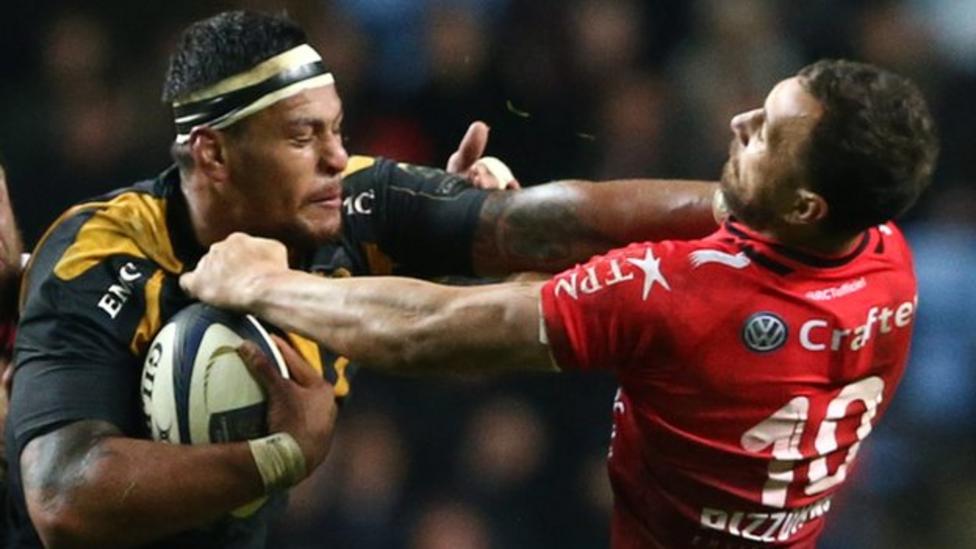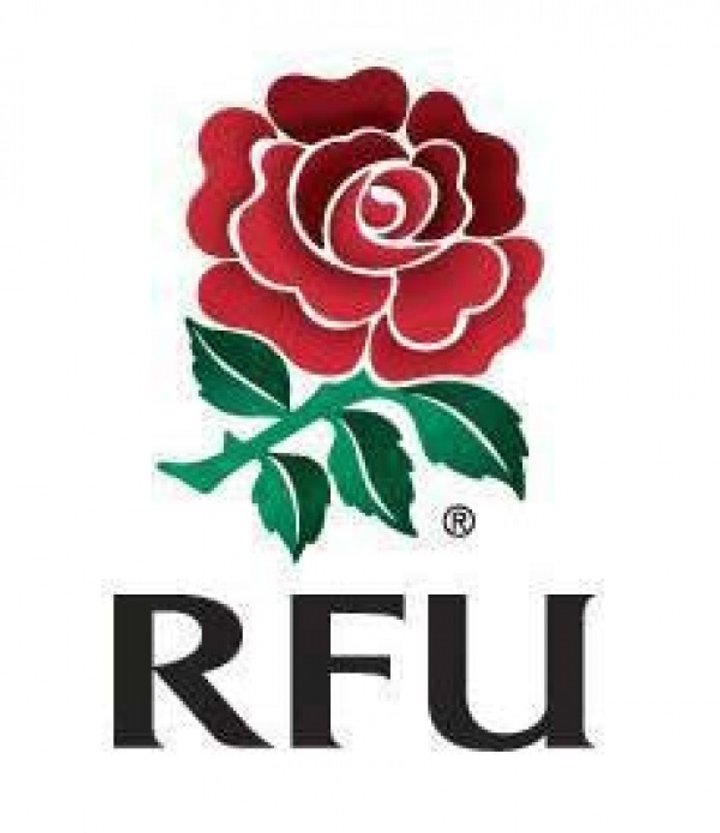Last night there were huge rumours that Sam Burgess had quit Bath, and ultimately the game of Rugby Union, and had returned to his former club the South Sydney Rabbitohs. The news was later confirmed by South's that Burgess had indeed quit Bath and signed a contract which will keep him at the NRL club until 2018. The news of his departure from Rugby Union came as no real surprise as it was made public that Burgess "didn't feel quite right" upon his return from international duty with the England squad and that Bath coach Mike Ford decided to give him ten days off from club duties as a result, giving the Rabbitohs the ideal opportunity to lure their former superstar back to Australia. However the impression I have seen on social media, seems to be that rugby fans would have loved to have seen Burgess stick it out and look to develop in to an impressive Union player. So the real question that needs to be asked is what actually went wrong with Sam Burgess and Rugby Union?
Before any fingers are pointed at individuals, I think it's worth pointing out that one of the biggest cock-ups on the whole saga was the huge lack of communication between club and country, in this case Bath and England, as to what Burgess' best position was. Playing at blind-side flanker for club all season, and then picked at centre for country was possibly the biggest talking point in the lead up to the World Cup, alongside the decision to leave Cipriani out of the 23-man squad, but we won't go in to that!
 |
Burgess was controversially included in England's World Cup
squad, and struggled to make an impact. |
Despite trying and struggling at centre, Burgess moved to blind-side flanked, played 21 games and scored four tries for Bath, although many have argued that his style of play was actually more of a centre, which may have been a factor in Lancaster's decision to pick him for the World Cup. Personally, I was relatively impressed with his performances in the England jersey, he played well when he came on against Fiji, and wasn't too bad in the loss to Wales, let's not forget that when he was substituted England were leading the Welsh 25-18.
I understand the debates that were sparked by Lancaster's decision to pick Burgess over a player in Luther Burrell, who seemed to have done everything to cement his place in England's squad after his performance in this years Six Nations. However, people cannot pin the blame for a poor overall team performance on Sam Burgess, he was picked for the squad for a reason and clearly Lancaster and the other coaches saw something in him that others did not, but I do think it was unfair for fans and especially the media to blame Burgess for England's disappointing World Cup campaign, after all, he didn't pick himself for the squad. I am by no means defending Lancaster's decision to include Burgess in the World Cup squad, as I firmly believe that Burgess was actually nowhere near ready for the call-up, and ultimately I felt terrible for players such as Kyle Eastmond and Luther Burrell who were left out, and who, although they would never admit it, were probably incredibly frustrated by the decision.
 |
Luther Burrell was one of the key names left out of the World Cup
squad by coach Stuart Lancaster. |
From my point of view the most frustrating element to this whole saga has to be that we will now never know how good Sam Burgess really would have been in the game of Rugby Union, which is a real shame as I do feel that he could have blossomed in to a real force of the game, given the right amount of time and guidance.
Since his departure from Rugby Union Burgess has stated that there were a lot of family-related issues which sparked his return to Australia, claiming that he missed his family "more than [he] could have imagined" during his time in the South West of England. Sam's entire family (apart from fiance Phoebe) all currently live 'down under' with brothers Thomas and George still playing for the Rabbitohs in Sydney, and other brother Luke playing for the Manly Warringah Sea Eagles, so it's understandable as to why he would want to return to Australia. Plus I'm fairly sure the weather may have had something to do with it eh Sammy?
Overall, the answer to the 'what went wrong' question lies in the fact that he was pushed too early, and wasn't allowed the right amount of time to mature and develop in to a great Rugby Union player. Plus the fact he was playing different positions for club and country didn't do him any favours, at times he almost looked confused in the centre for England and at times was just "running around looking to land big hits" as one of my friends put it the other day. There was no way he was ready for an international call up, not to mention in a home World Cup, a tournament when the eyes of the whole world were pointed at our country. There is no doubt that Sam Burgess did not fail at Rugby Union, but instead Rugby Union failed him.
 |
It was announced last night that Burgess will return to former club
South Sydney Rabbitohs until 2018. |
I am incredibly sad to see Burgess return to the NRL simply because he could have one of the true greats of the Union code, but I guess we will never know. Regardless, I hope that Sam is happy back in Sydney and will be able to reclaim his rightful place as one of the best Rugby League players in the world.
Thanks for reading.
 "Leicester Tigers"
"Leicester Tigers"













